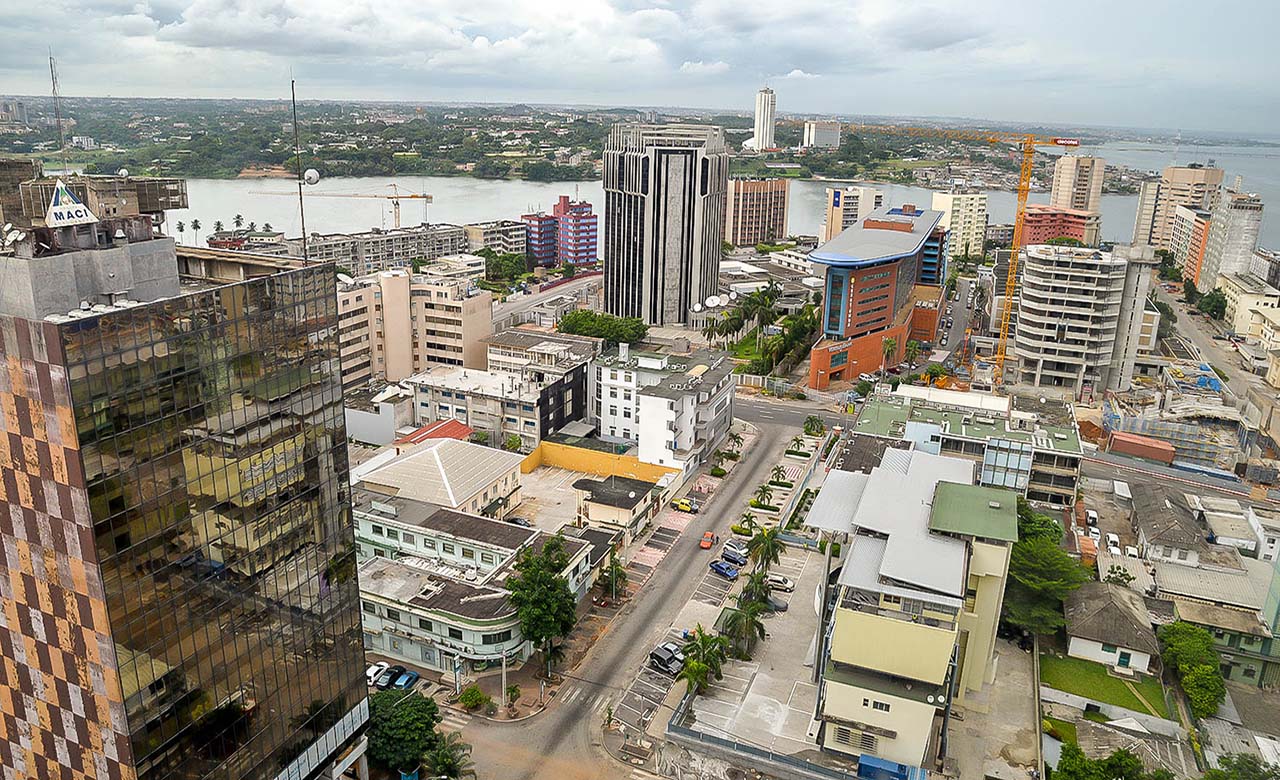It’s a ‘Tanzania first’ budget

What you need to know:
Particular focus is on protecting locally manufactured products and stimulating local production.
Dodoma. Finance and Planning minister Phillip Mpango yesterday proposed a raft of reforms aimed at the boosting industrial development.
Particular focus is on protecting locally manufactured products and stimulating local production.
The proposals, contained in the Sh32.5 trillion budget for the 2018/19 financial year tabled in Parliament, should give investors in the pharmaceutical and leather industries something to smile about. The budget should also be well received by manufacturers of all forms of non-petroleum products and building materials produced using locally-sourced raw materials.
“The government’s priority is to foster an industrial-based economy by utilising locally available raw materials from agriculture, livestock and fisheries,” Dr Mpango told a packed House.
With Ministry of Industry, Trade and Investment data showing that Tanzania spends over Sh800 billion to import medicines and medical supplies every year, Dr Mpango provided incentives to investors in the country’s pharmaceutical industry in his budget speech.
He waived value added tax (VAT) on packaging materials produced specifically for use by local manufacturers of pharmaceutical products.
Dr Mpango also proposed amendment of the Income Tax Act to reduce the corporate income tax rate from 30 per cent to 20 per cent for new investors in the pharmaceutical and leather industries for five years from 2018/19 to 2022/23.
“This measure is expected to promote investment in the manufacture of pharmaceutical and leather products, create employment and increase government revenue,” he said.
In a decision aimed at boosting investment and accelerating development of the textile and leather industries, Dr Mpango announced an import duty remission – in line with the East African Community Common External Tariff (EAC-CET) – on selected raw materials and industrial inputs for the manufacturer of textiles and footwear.
The minister said there would be no increase in excise duty on beverages manufactured from locally-sourced raw materials.
“To implement the government’s strategy of building an industrial economy, I propose the retaining of the current excise duty rates imposed on locally produced non-petroleum products and increasing the excise duty rates for imported non-petroleum products,” he said.
Excise duty remain unchanged on soft drinks, mineral water, fruit juices, beers, energy drinks, wines and cigarettes manufactured from locally produced raw materials.
Imported animal and poultry feeds additives have also been exempted from VAT as the government seeks to reduce costs incurred by livestock keepers.
Paint makers also have reason to celebrate after Dr Mpango zero-rated raw materials used in paint production.
Sunflower farmers should also be rubbing their hands in glee following the proposal to raise the EAC-CET rate from zero to 25 per cent on crude palm oil for one year.
Similarly, Dr Mpango raised the EAC-CET from 10 to 25 per cent on crude edible oils such as those produced from sunflower, palm, groundnuts, olive and maize.
“The objective of this is to protect domestic producers and create both employment and income for farmers.”
Dr Mpango added that implementation of the blueprint for improving the business climate, which the Cabinet adopted recently, would start during 2018/19.
“In a bid to stimulate industrial development, the government will direct more efforts in implementation of the Blueprint for Regulatory Reform to Improve Business Environment for Tanzania in order to attract private sector investment, particularly in textiles, leather and meat, fish, edible oil, medicines and medical equipment, food and animal feeds and the mining sector,” said Dr Mpango.
He also came up with a raft of proposals to reduce the costs of producing salt.
MPs will debate the proposals for seven days before voting on them on June 26.


